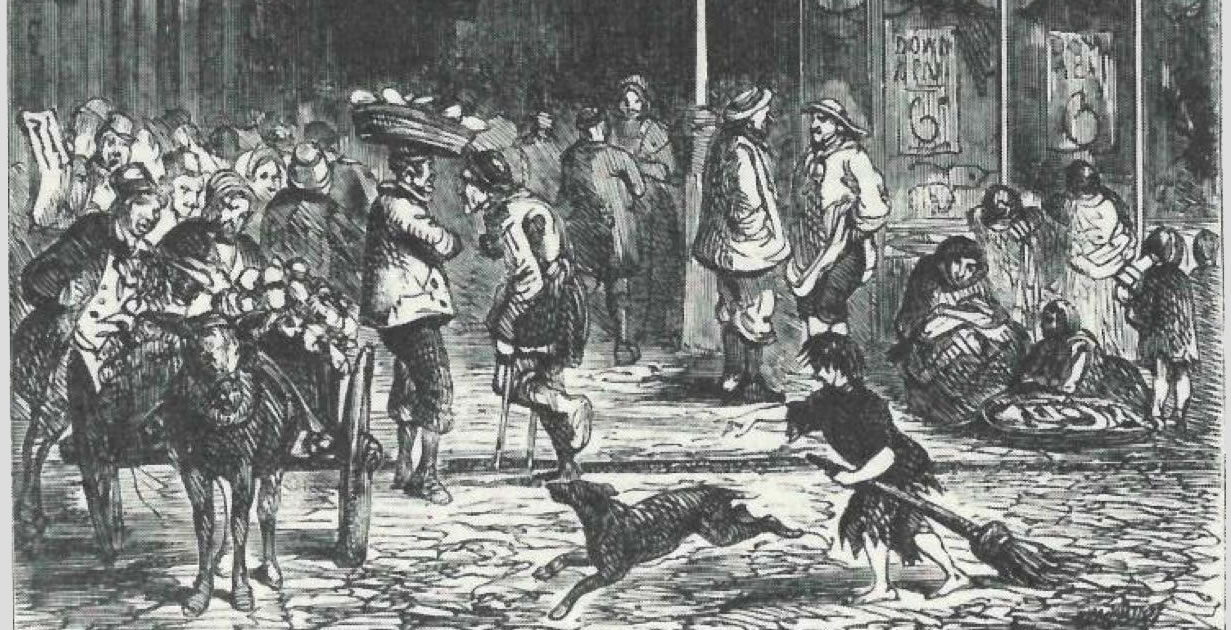Maleeha Mir
Southend on Sea, 2018
It’s hard to believe they’d be happy to sit there on plastic red chairs, ready to be thrown away by sunset. Happy to sit on the cobbled, shifting sand where they could watch us run and scream at each other (in civil tones, of course) along the cold horizon of murky water. We’d never be able to venture in with their preference to sit from a safe distance, avoiding the ‘half-clothed’ passers-by with donuts drenched in sugar and honey. No. They sit next to each with a space in between. It’s not proper to sit too close. Dark rocks and the blurred faces of red-chested sunbathers fill up behind them, My grandma in a striped shirt, while her small, veiny feet look free in the damp breeze. Her face, tilted back, a smile (we rarely see) glowing on this clouded day. My grandad next to her, in long grey shirt and black suit trousers. Matching grey socks firmly upon his feet and sandals seem to repel the swaying ground. His fingers clasped, as his white sun-cap slides off his head. Still, his half-frown can’t help but force me to smile. I only hold the phone that captures a single moment. I want to go to them and tell them, that they’ve never changed or decided on a different path. To thank them boisterously for starting this chain of events, or our life and the confusion that is me. That is us, The us, running on the sandy gravel and damp mud in socks and half-priced sandals. I want to tell them (politely, of course) in the misty daylight and salty air, Her expression unmoved, her feet without socks His face continuing its grimace, But I can’t tell them. It’s a secret we can’t share. it’s okay that they keep their distance, but it’s not my place. Instead, I smile, press the button and capture 62 years in a second, Keep doing what you’re doing, nothing will change.
Maria Orlando
The Way They Miss The Sea
My mother was born in a room on the top floor of a rickety house on the edge of the cliffs of an island called Ortigia. Her first cries were shown to the world - she was taken outside because my grandpa believed her daughter’s first breath deserved to be: U mari, respira beni u mari, Rosettì.* So I think to this day when my mother speaks she has the sea in her lungs. And not just any sea. There’s a way it reflects the island at sundown where sweet and salty waters never entwine. The place where Aretusa sank down into the earth in an act of rebellion. Now, I can see the sea in my mother’s eyes whenever she mentions retirement I know she can see it: A house on the same cliff she was born on. Lemons and oranges ripening in the sun, swordfish grilling, honeycomb from the market. And when I’ll visit her I know she’ll want me to take her out on her cousin’s boat to the little cove past the city, past the factory that gave the men in her life jobs but dyed all the white beaches black. I’ll row her there and back until my hands blister. We’ll walk up the steps to her kitchen with a view on the cliffside. She’ll go on the balcony and stand there holding out a hand to her mother who she named me after and to her father who told her to breathe in the sea before anything else. Now, stuck living in the Venetian fog and languor, she misses the sea like she misses a friend. There, the sea in her lungs will finally be satisfied and she’ll be able to breathe again.
*sicilian dialect = the sea, breathe in the sea well, Rosetta.
Amy Hill
Antionette
I unleashed my artistic license on the pate of the Austrian princess. She bade I do something new: I chose my weapons, braided French gold blue, baby galleons at the scalp, locks in the mast, over-under-over twisting up the Seine itself. Swan at the Opera. Napoleon could’ve thrown anchor and drowned. All that ecstasy and ermine, sailor knot at the nape, poor Fantine’s obituary mane piled up to the rail de drapé. I sowed a garden on the Queen’s brow, sweet ambrosia leaning out of the carriage window, higher than Dieu, beggars reaching for the gold-leaf, stroking the wispy hollow of her throat. Weeping under the weight when she saw the world I’d carved there: in rouged-up patisseries, pastel silks, La Palma violets, fairy bells, flags, Chantilly lace, china cups, a dollhouse Versailles. I, Michelangelo: my pale chapel turned towards her dissolution, my Christmas tree. I braided her final aria by the baying hounds. My silver swords shivered. She died when that first lock, fair edelweiss, fell, cutting clay: my woven Eve perished in my arms. I cradled her, my golden child, not hearing that famed head fall or the bloody cheer.
Inheritance
I open my palm: see the shore, the sea-spittle quivering, upchuck from coal guts leaving scorch marks in pitch glitter. That common stuff, that my mother’s father took to heart, into the carpet, blackening frown-lines. My soles push through it now, like founding spades over the wrist, the delicate silt-skin; my own violent footprint not marking the family footstool. My ancestry waxes, wanes: I pronounce my aitches now, talk in tongues. Lapping, the tide carries my burden, unlades it into my nailbeds, white half-moons. I read the land like chip-paper, clench up my fist in confession, stoke my mother’s temper: I think it’s in my blood.
